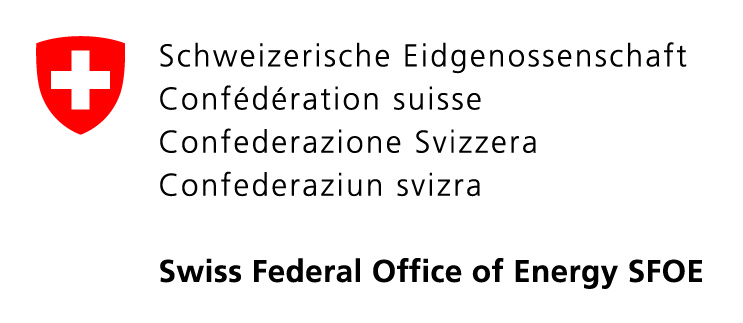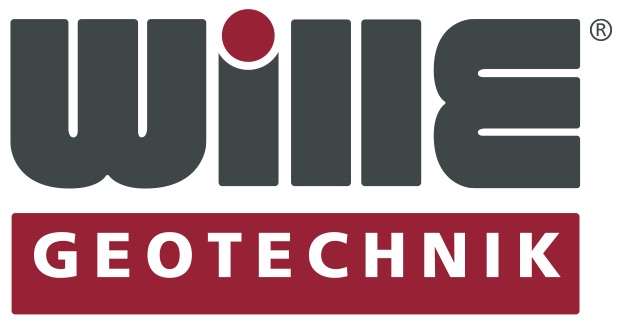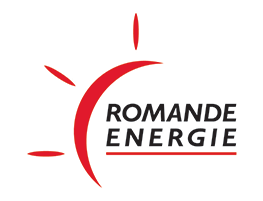Organizers: Prof. Sherif L. Abdelaziz, Stony Brook University, and Prof. Abdelmalek Bouazza, Monash University
Earth materials near energy geostructures, geothermal wells and reservoirs, CO2 storage, and radioactive wastes are subjected to temperature changes that alter their behavior. Robust designs of the various geo-structures and deep wells require (1) a clear understanding of the thermo-hydro-mechanical-chemical (THMC) behavior of different earth materials, and (2) accurate constitutive relations to predict the material response. Despite the vast number of studies in the literature concerned with the thermo-hydro-mechanical-chemical (THMC) behavior of earth materials, there remain multiple areas that need further development on the experimental and modeling fronts. These areas include, for example, the effects of stress direction (i.e., loading or unloading), anisotropy, heat exchange rate, the degree of saturation, the chemical composition of pore fluid, long-term behavior, and dynamic loads. In this mini-symposium, we will focus on presenting the latest advances in laboratory experiments, numerical and constitutive modeling, or preferably experimental-modeling hybrid-studies related to the general THMC behavior of earth materials including:
- Long-term behavior of earth materials subjected to temperature changes.
- The effect of stress-related issues (e.g., stress direction, anisotropy, stress history, and dynamic loads) on the THMC behavior of earth materials.
- The effect of thermal-related issues (e.g., heat exchange rate and extreme temperatures) on the THMC behavior of earth materials.
- The effect of physical (e.g., the degree of saturation) and chemical compositions (e.g., pore fluid chemical composition) of earth materials on their response to temperature changes.










